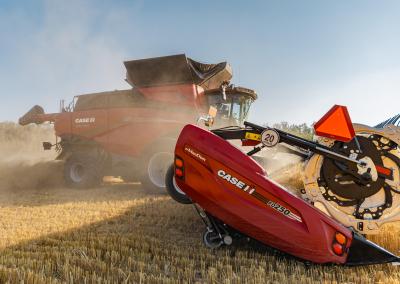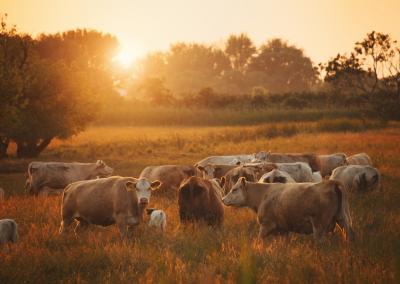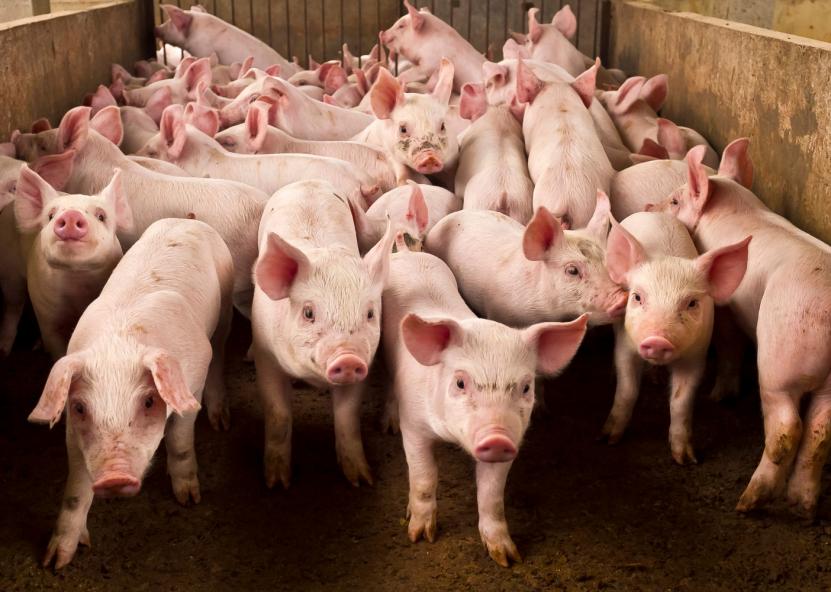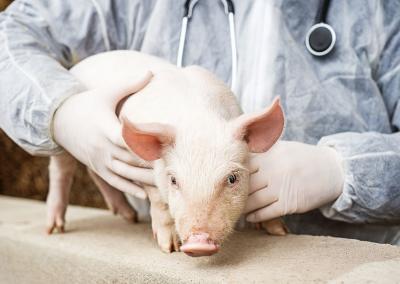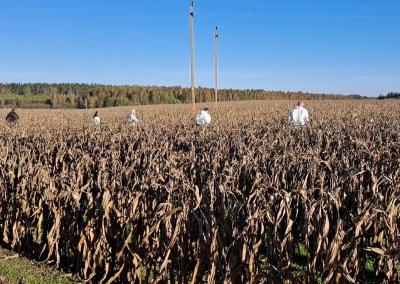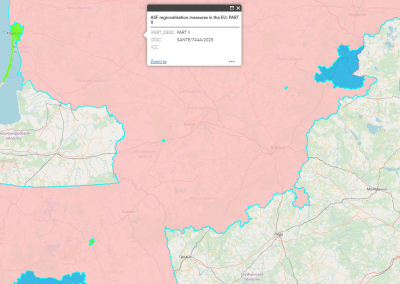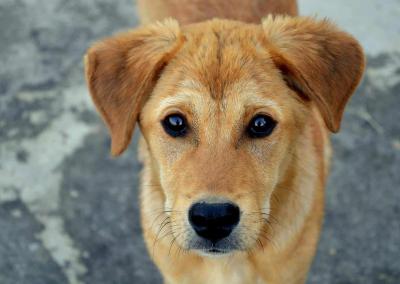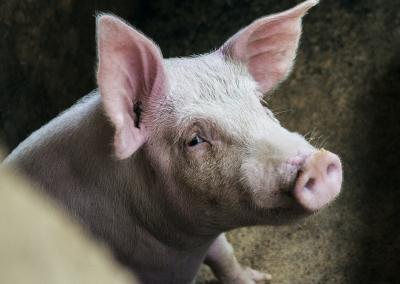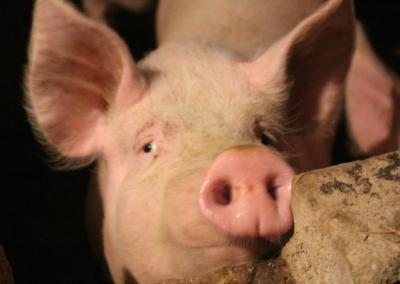Trade restrictions on parts of Lithuania loosened due to the OMC
A meeting of the European Commission's Standing Committee on Plants, Animals, Food and Feed last week welcomed the monitoring, prevention and eradication measures carried out by the State Food and Veterinary Office (SVVT) to control outbreaks of African swine fever (ASF) on pig farms in Lithuania. As a result of a decision by EU countries, most of the regions of our country that were included in the strictest (III) ASF restriction zone due to the risk of the spread of the virus have now been placed in the less restrictive (II) zone.
„During the meeting, we raised the objective that the areas of Biržai r., Kupiškis r., Kelme r., Klaipėda r., Pasvalys r., Pakruojis r., Raseiniai r., Radviliškis r., which were in the zone III of restrictions, should be placed in the zone III, Rokiškis and Šilutė would be placed in the lighter restriction zone (II), which would allow farmers to trade more easily, not only on the domestic market, but also in other EU countries, in live pigs as well as in pigmeat and pig products. In our presentation to the European Commission on the epizootic situation and the measures we have taken, and the results of biosecurity controls on farms in the country, we stressed that there have been no outbreaks of ASF on farms in these districts for more than three months, that most of these have been sporadic or contiguous, and that they have been managed successfully, avoiding any secondary outbreaks," said the Chief Veterinarian of Lithuania, Vaidotas Kiudulas.
According to him, the next priority for Lithuania remains not to have the strictest restriction zone (III), which is only possible by avoiding outbreaks on farms. This requires vigilance – the responsibility of the farmers themselves in implementing biosecurity requirements is crucial: changing clothes before entering pig housing, not feeding pigs with food waste, disinfecting entrances and exits, and preventing unauthorised persons from entering the pig housing area.
Despite the improving situation on pig farms, the risk of ACM spreading in the wild boar population is high. According to the HPAI, the ASF virus has already been confirmed in 769 wild boars this year.
„New outbreaks of ASF in wild fauna pose a major risk of virus introduction into pig housing, and a comprehensive approach, consistent monitoring, prevention, including reduction of the wild boar population, timely notification of the discovery of dead boars and proper handling of such carcasses is crucial here. Experience has shown that the virus from the wild can cause severe damage to small pig farmers. This is a loss for the pig sector and for the country, which is why we are constantly calling for all measures to be taken to protect ourselves against ASF disease. We keep stressing to hunters the importance of controlling the wild boar population at all times, as well as the need to comply with biosecurity requirements after hunting," says Mr Kiudulas.
If a wild boar carcass is found, please call the general emergency number 112 or report it to the VMVT. If the report of a boar carcass is confirmed, the reporter is entitled to a payment of €30 per carcass.





























